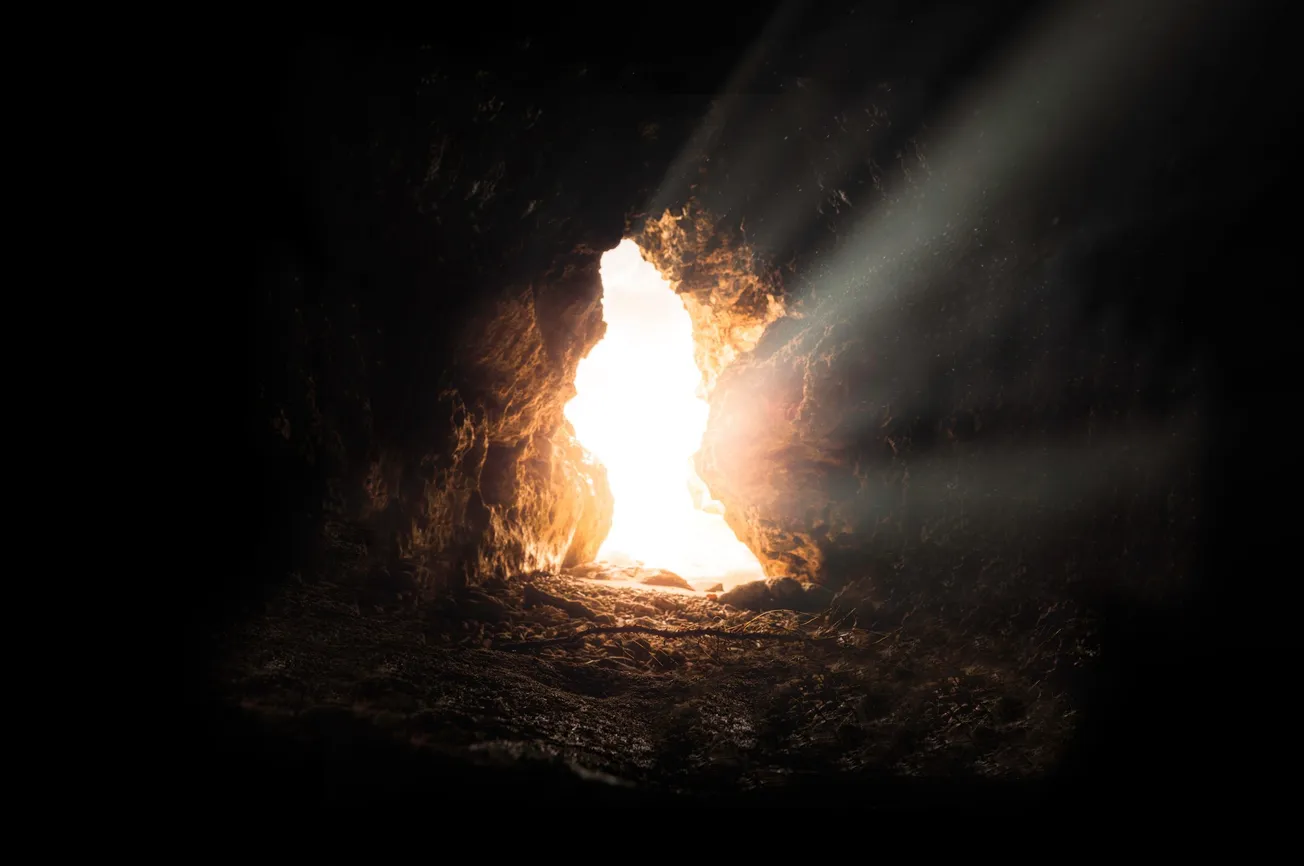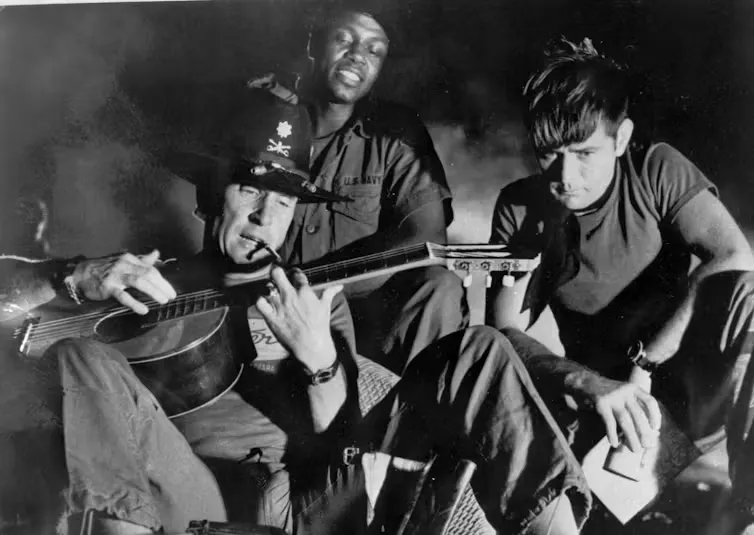Table of Contents
Richard Dawkins, Greta Thunberg, President Trump, Jacinda Ardern, Martin Luther King, the Beatles.
What does the disparate group above have in common?
They are Christians, all.
Everyone born in the West inherits and in most cases embraces moral and ethical precepts that are unquestionably Christian in origin. They are so pervasive that it matters little whether you are a believer; Christianity has formed you. Denying this makes as much sense as denying your gender (perhaps not the best of examples in current times).
This truth is the thesis of a remarkable book I have been consuming as part of my Lockdown reading. Dominion by the British Historian Tom Holland outlines the debt western civilisation owes to the Carpenter’s Son. The Roman world was upended by the Christian insistence on the dignity of the individual human soul and the implications this had for cultural practices from charity to infanticide. Holland traces the reverberations of Christian thought through the ages: the first condemnation of the slave trade at the 1815 Council of Vienna midwifed by The British Foreign Minister Lord Castlereagh; the concept of ‘Human Rights’ being essentially a creation of the medieval Catholic Church; the Beatles being able to insist ‘All You Need is Love’ – an elaboration of the Christian ethic that would only be understood by a Christian audience.
In the present, the woke ravings of the Greta Thunbergs of the world evoke in their evangelical fervour the end-time Millennialism of certain Christian sects. Our own ‘St Jacinda’ Ardern no doubt owes her emphasis on the virtue of ‘kindness’ to her Mormon upbringing. And haven’t we all, in the last three weeks, embraced the ethos of Christian concern for the sick and vulnerable, halting all business and social life for their sake?
And yet, marinated in Christianity as we are, we seem loath to acknowledge it. Easter is the height of the Christian calendar but outside of Church communities, who would know it?
The Auckland Council can find thousands in public money to celebrate the Hindu festival of Diwali in Aotea Square each November, but imagine the outrage if they extended a similar courtesy to church groups for Easter. If you scan the television schedules for this weekend you won’t find any religious programs or films. About the only mention of Christianity in the public square I’ve noticed this Easter are showings of Life of Brian and the stage show The Book of Mormon. Our culture’s attitude to the beliefs that underpin it may best be illustrated by the popularity of these works of mockery. It is also telling that in our current situation trips to the dairy are considered ‘essential’ but those to Sunday church are not. To a believing Christian, the reverse would be the case.
The elite at least seem to be suffering a collective amnesia as to our Christian heritage. Atheists, they still worship but it is at the altar of multi-culturalism that sees any self-assertion of western culture as heresy. So the infantilism of Santa Claus and the Easter Bunny are fine but any mention of the serious Christian element to these festivals is verboten.
But they and atheist thinkers such as Dawkins and Sam Harris are badly mistaken if they think science and reason will fill the void of declining religious belief in the West. Oxford professors may not need it but the comfort of Christian belief still matters to many. A mother grieving for her child needs not a detailed description of the cancer that killed him but hope that his death will be transcended in a world to come.
At Easter Christians remember Christ’s crucifixion and resurrection. The concept of “bearing one’s cross”, of putting up with suffering as Christ did, is uniquely Christian. With the forecast for tough times ahead our society would be unwise to forget it.
We needn’t all flock to Sunday services (I’m not a believer myself) but we should at least do as Winston Churchill did when he said:
“I am not a pillar of the church but a buttress. I support it from the outside.”
If you enjoyed this BFD article please consider sharing it with your friends.









